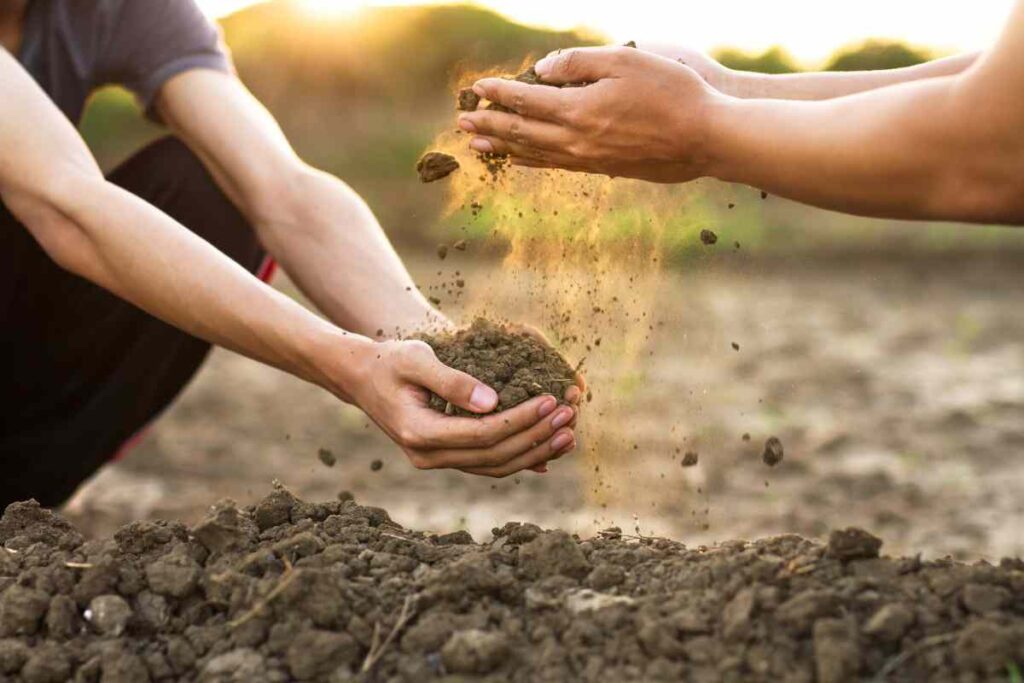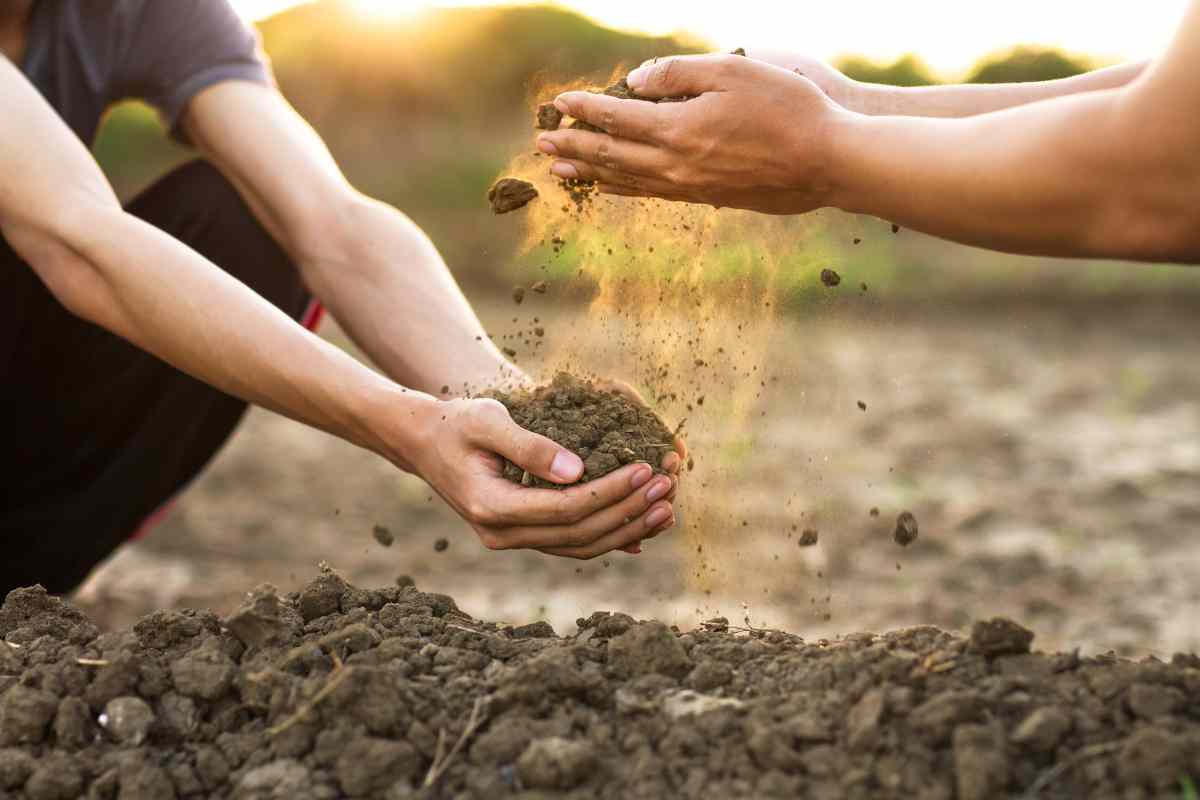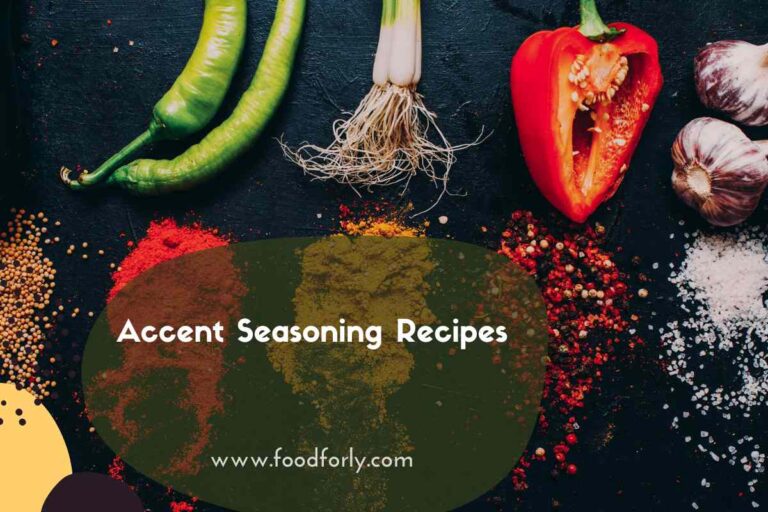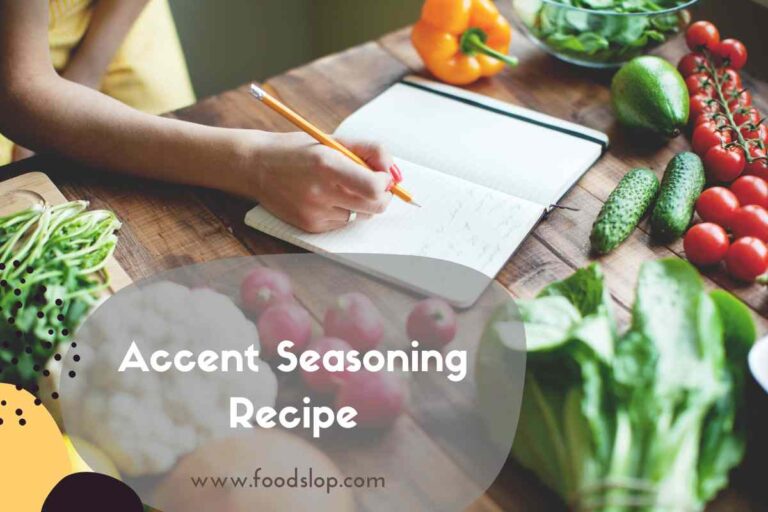Soil For Bird Of Paradise Indoor
Are you considering bringing the vibrant and exotic bird of paradise plant indoors? If so, it’s crucial to understand the importance of selecting the right soil for optimal growth. The soil you choose plays a vital role in providing essential nutrients and maintaining proper moisture levels, ensuring your indoor bird of paradise thrives.
To start, opt for a well-draining soil mix that prevents water from pooling around the roots. This will prevent root rot and other harmful fungal diseases. Adding organic matter such as compost or peat moss can further enhance soil fertility, promoting healthy growth.
Soil For Bird Of Paradise Indoor

Additionally, monitoring moisture levels and adjusting watering accordingly is key to preventing overwatering or underwatering issues. Lastly, keeping an eye on the pH levels of the soil ensures your bird of paradise receives the necessary acidity or alkalinity it needs to flourish.
By following these guidelines, you’ll create an ideal environment for your indoor bird of paradise to thrive and bring beauty into your home.
Understand the Soil Requirements of Bird of Paradise Plants
Get ready to discover the perfect soil for your beautiful Bird of Paradise plant! When it comes to the soil requirements of your indoor Bird of Paradise, two key factors to consider are soil composition and soil fertility.
The right soil composition is essential in providing a well-draining environment for your plant’s roots. A good mix includes peat moss, perlite, and sand. This combination allows excess water to drain away while still retaining enough moisture for healthy growth.
Additionally, bird of paradise plants thrive in fertile soil that’s rich in organic matter. You can improve the fertility by adding compost or well-rotted manure to the potting mix. This will provide essential nutrients that promote vigorous foliage and vibrant blooms.
Choosing the right soil composition and ensuring its fertility will help your Bird of Paradise flourish indoors!
Choose a Well-Draining Soil Mix
Ensure your plant thrives by opting for a soil mix that drains well and keeps moisture levels in check. Choosing the right potting mix for your bird of paradise is essential for its health and growth.
One key ingredient to look for is perlite, which helps improve drainage by creating air pockets in the soil. This prevents water from pooling around the roots, reducing the risk of root rot.
When selecting a potting mix, make sure it’s specifically formulated for tropical plants or palms as they have similar soil requirements to bird of paradise plants. These mixes are usually lightweight and well-draining, allowing excess water to flow through easily.
By choosing a well-draining soil mix with added perlite, you can help create optimal conditions for your bird of paradise to thrive indoors.
Consider Adding Organic Matter to the Soil
Consider incorporating organic matter into your potting mix to provide essential nutrients for optimal growth and vitality. Adding compost or other forms of organic matter can greatly benefit your bird of paradise plant.
Composting is a process that breaks down organic materials into nutrient-rich soil amendments. By using compost in your potting mix, you’re supplying your plant with a wide range of nutrients that’ll support healthy growth and vibrant blooms.
Additionally, organic matter helps improve soil aeration by creating small pockets for air circulation within the soil. Adequate soil aeration is crucial for promoting root development and preventing waterlogged conditions that can lead to root rot.
So, when selecting the soil for your bird of paradise plant, consider adding organic matter like compost to ensure it receives the necessary nutrients and proper aeration for thriving indoors.
Maintain Proper Moisture Levels in the Soil
To maintain optimal moisture levels in your potting mix, it’s important to monitor and adjust watering frequency and amount according to the specific needs of your bird of paradise plant. Overwatering can lead to root rot, while underwatering can cause the leaves to wilt and dry out.
To prevent soil compaction, which can hinder water absorption and nutrient uptake, consider adding organic matter such as compost or peat moss to improve soil structure. Additionally, using moisture meters can provide accurate readings of the soil moisture content, helping you determine when it’s time to water.
Insert the meter into the potting mix at different depths to assess if watering is necessary. Remember that maintaining proper moisture levels is crucial for the overall health and growth of your bird of paradise plant indoors.
Monitor the pH Levels of the Soil
Monitoring the pH levels of your potting mix is essential for maintaining optimal conditions and promoting healthy growth of your bird of paradise plant. Measuring acidity in the soil is crucial because bird of paradise plants thrive in slightly acidic to neutral pH levels, typically ranging from 6.0 to 7.5.
Testing the soil quality regularly will help you determine if any adjustments need to be made. You can easily measure the pH levels using a soil testing kit or a pH meter specifically designed for gardening purposes. If you find that the pH level is too high or too low, you can make necessary amendments by adding either lime to raise the pH or sulfur to lower it.
By monitoring and adjusting the pH levels, you ensure that your bird of paradise plant receives the ideal environment for robust growth and vibrant blooms.
Conclusion
In conclusion, taking care of the soil for your indoor bird of paradise plant is crucial for its health and growth. Make sure to choose a well-draining soil mix and consider adding organic matter to provide essential nutrients.
It’s important to maintain proper moisture levels and monitor the pH levels of the soil regularly. By following these guidelines, you can create an optimal environment for your bird of paradise plant to thrive indoors.




